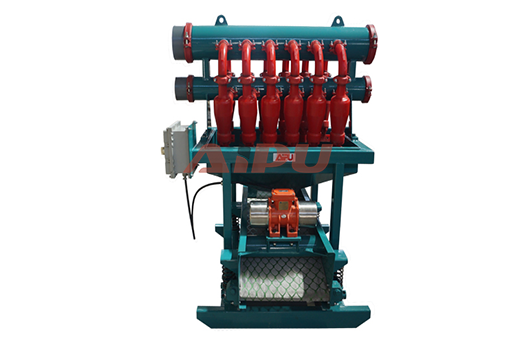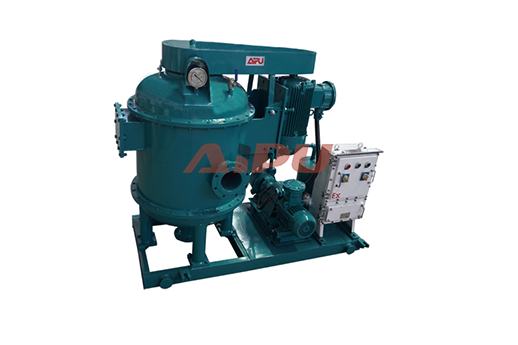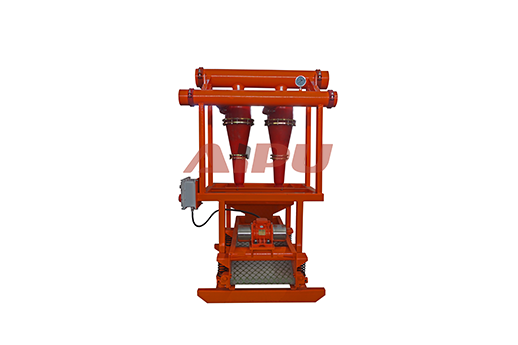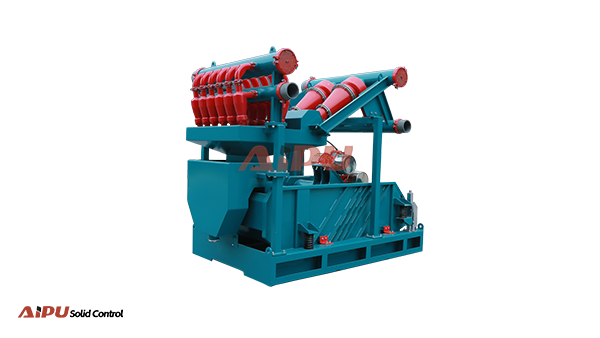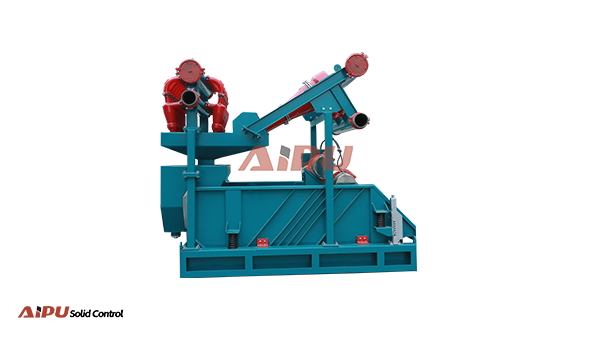Optimize Drilling with Premier Solids Control
In the dynamic world of drilling operations, the solids control system emerges as a crucial component that empowers drilling teams to achieve remarkable success. This system plays a pivotal role in ensuring the smooth and efficient operation of drilling projects.
Functionality of Solids Control System
The solids control system is designed to separate the drilled cuttings and other solid particles from the drilling fluid. By doing so, it helps maintain the quality of the drilling fluid, which is essential for the proper functioning of the drilling equipment. The system typically consists of several components, including shale shakers, desanders, desilters, and centrifuges. Each component has a specific function in the solids separation process. For example, shale shakers are used to remove the larger cuttings, while desanders and desilters are responsible for removing the finer particles. Centrifuges are then used to further separate the remaining solids from the drilling fluid, ensuring a high - quality fluid for reuse.
Benefits for Drilling Teams
One of the primary benefits of a solids control system for drilling teams is cost - savings. By reusing the drilling fluid, the need for purchasing new fluid is significantly reduced. This not only saves money but also reduces the environmental impact associated with the disposal of used drilling fluid. Additionally, a well - functioning solids control system improves the efficiency of the drilling process. It reduces the wear and tear on the drilling equipment, as the presence of solid particles can cause abrasion and damage. This leads to fewer equipment breakdowns and maintenance requirements, allowing the drilling operations to proceed more smoothly and on schedule.
Impact on Drilling Performance
The solids control system has a direct impact on the overall drilling performance. A clean drilling fluid helps in better hole cleaning, which is essential for maintaining the stability of the wellbore. It also improves the rate of penetration, as the drill bit can operate more effectively in a fluid with fewer solid particles. Moreover, by controlling the solids content in the drilling fluid, the system helps prevent issues such as lost circulation and stuck pipe, which can cause significant delays and additional costs in drilling projects.
Technological Advancements
Over the years, there have been significant technological advancements in solids control systems. Modern systems are more efficient, reliable, and easier to operate. They are equipped with advanced sensors and control systems that can monitor and adjust the solids separation process in real - time. Some systems also feature automated functions, such as self - cleaning and remote monitoring, which further enhance the productivity and safety of the drilling operations. These technological improvements have made solids control systems an indispensable tool for drilling teams, enabling them to achieve higher levels of success in their projects.
In conclusion, the solids control system is a vital asset for drilling teams. Its functionality, benefits, impact on performance, and continuous technological advancements all contribute to empowering these teams to achieve success in the challenging field of drilling operations.

Functionality of Solids Control System
The solids control system is designed to separate the drilled cuttings and other solid particles from the drilling fluid. By doing so, it helps maintain the quality of the drilling fluid, which is essential for the proper functioning of the drilling equipment. The system typically consists of several components, including shale shakers, desanders, desilters, and centrifuges. Each component has a specific function in the solids separation process. For example, shale shakers are used to remove the larger cuttings, while desanders and desilters are responsible for removing the finer particles. Centrifuges are then used to further separate the remaining solids from the drilling fluid, ensuring a high - quality fluid for reuse.
Benefits for Drilling Teams
One of the primary benefits of a solids control system for drilling teams is cost - savings. By reusing the drilling fluid, the need for purchasing new fluid is significantly reduced. This not only saves money but also reduces the environmental impact associated with the disposal of used drilling fluid. Additionally, a well - functioning solids control system improves the efficiency of the drilling process. It reduces the wear and tear on the drilling equipment, as the presence of solid particles can cause abrasion and damage. This leads to fewer equipment breakdowns and maintenance requirements, allowing the drilling operations to proceed more smoothly and on schedule.
Impact on Drilling Performance
The solids control system has a direct impact on the overall drilling performance. A clean drilling fluid helps in better hole cleaning, which is essential for maintaining the stability of the wellbore. It also improves the rate of penetration, as the drill bit can operate more effectively in a fluid with fewer solid particles. Moreover, by controlling the solids content in the drilling fluid, the system helps prevent issues such as lost circulation and stuck pipe, which can cause significant delays and additional costs in drilling projects.
Technological Advancements
Over the years, there have been significant technological advancements in solids control systems. Modern systems are more efficient, reliable, and easier to operate. They are equipped with advanced sensors and control systems that can monitor and adjust the solids separation process in real - time. Some systems also feature automated functions, such as self - cleaning and remote monitoring, which further enhance the productivity and safety of the drilling operations. These technological improvements have made solids control systems an indispensable tool for drilling teams, enabling them to achieve higher levels of success in their projects.
In conclusion, the solids control system is a vital asset for drilling teams. Its functionality, benefits, impact on performance, and continuous technological advancements all contribute to empowering these teams to achieve success in the challenging field of drilling operations.




